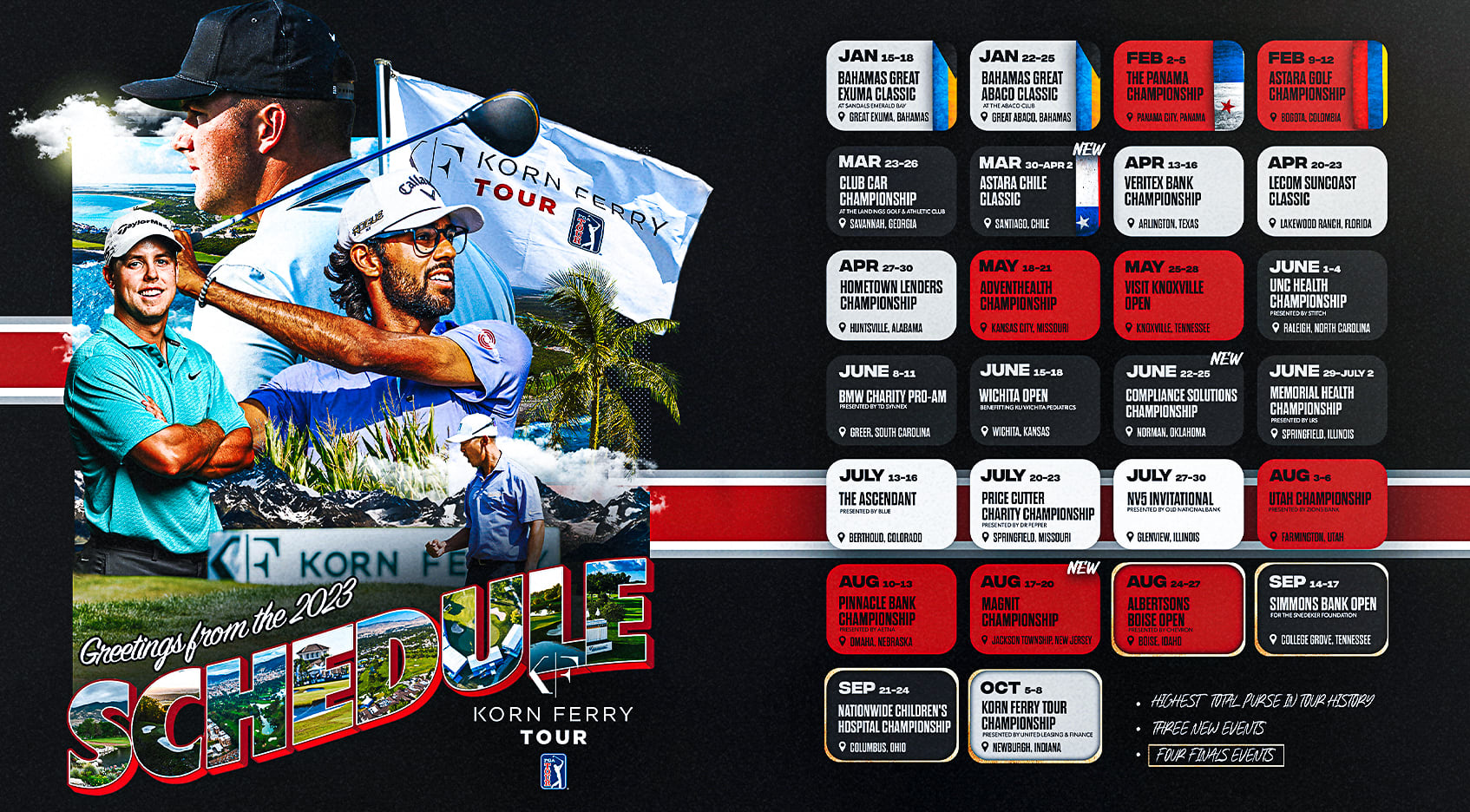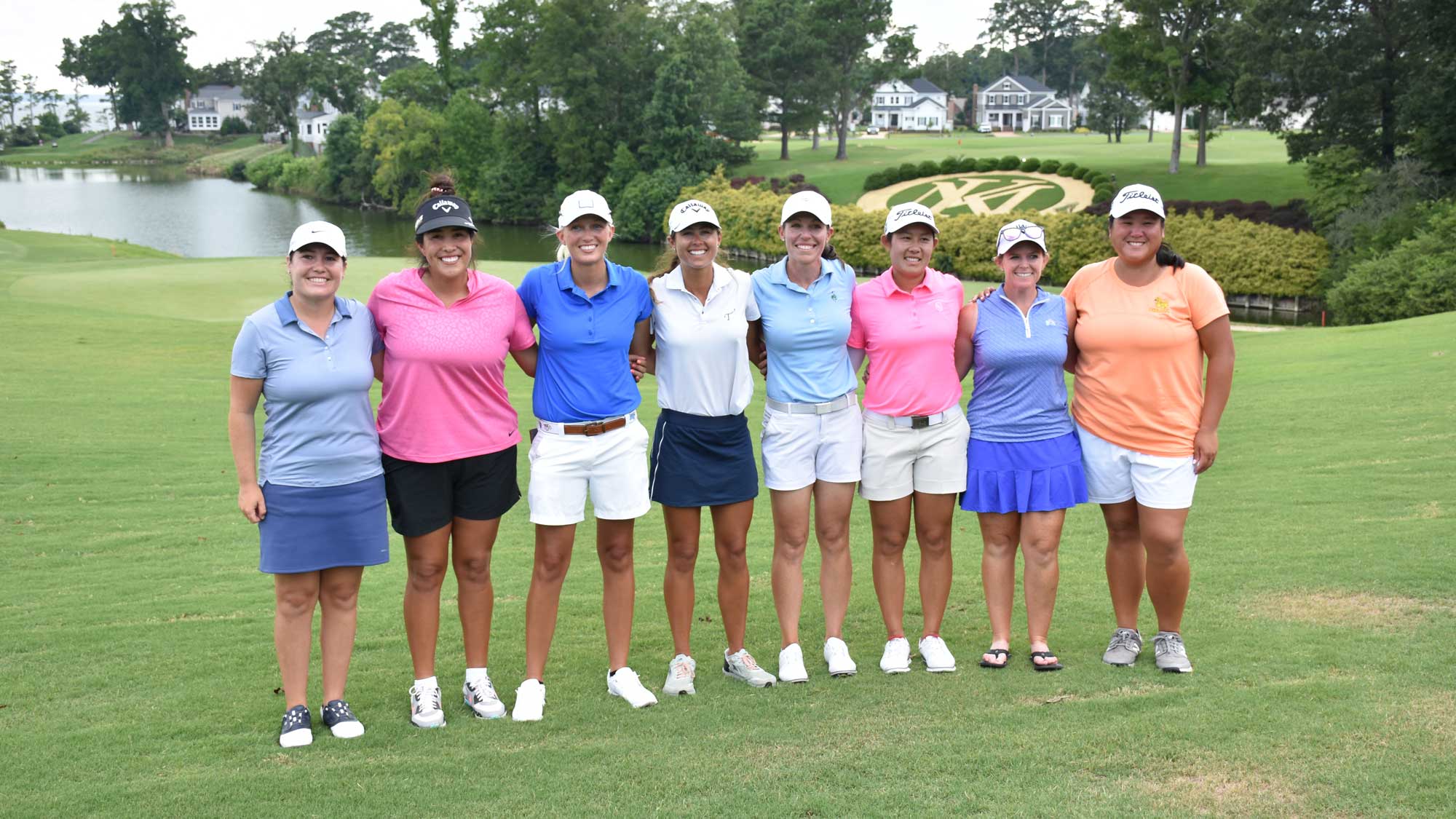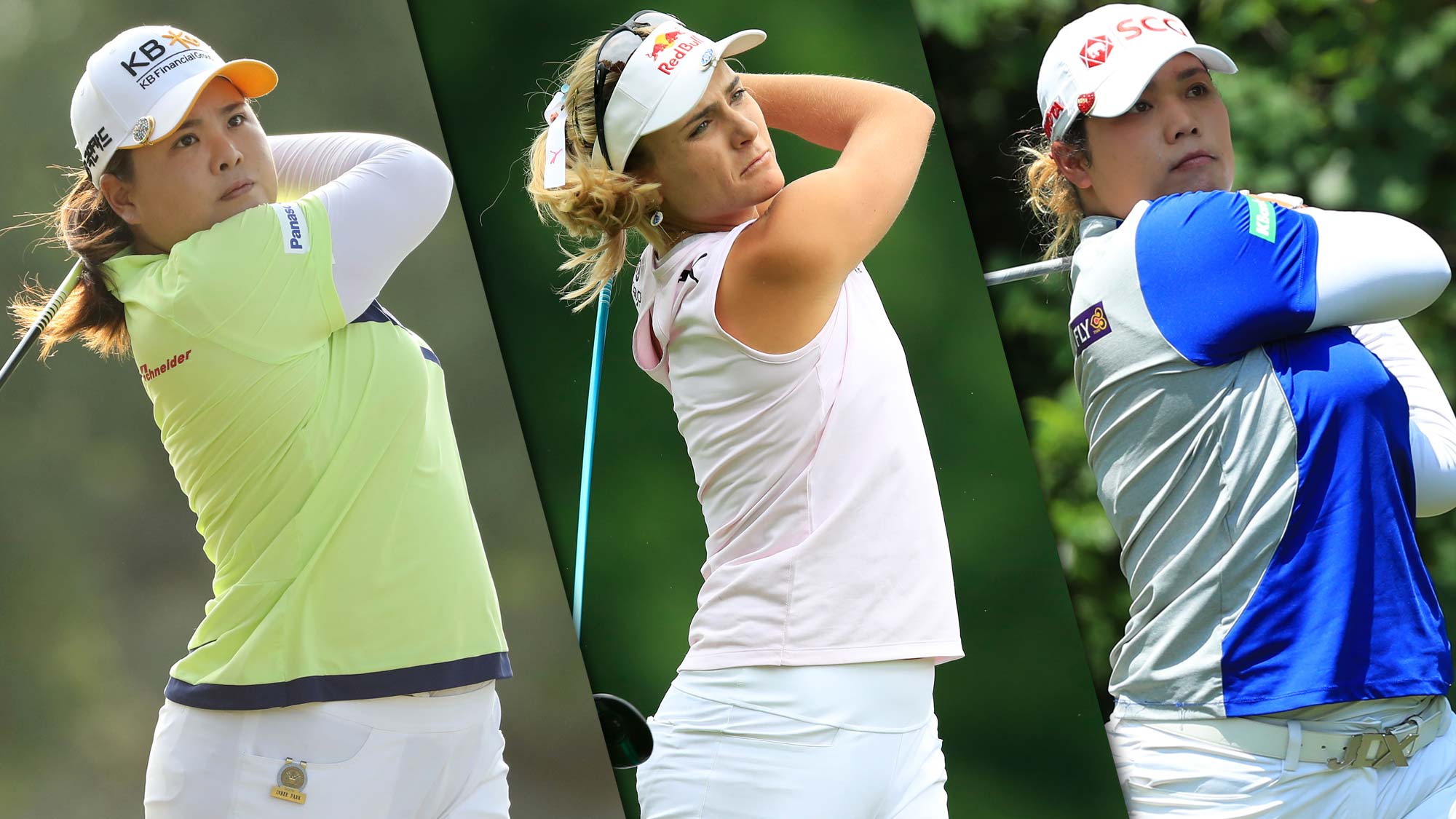Overview of PGA Championship Groups

The PGA Championship groups are a key aspect of the tournament’s format. They determine the pairings for the first two rounds and can have a significant impact on the competitiveness of the event.
The field of 156 players is divided into 32 groups of four. The groups are formed based on a variety of factors, including world ranking, recent form, and nationality. The goal is to create groups that are as evenly matched as possible.
The first two rounds of the PGA Championship are played in a stroke play format. Each player plays 18 holes with his group and the total score for the two rounds determines the cut line. The top 70 players and ties advance to the weekend rounds.
The group dynamics can have a significant impact on the tournament’s competitiveness. Players who are paired with strong competitors may be forced to play more aggressively than they would otherwise. This can lead to more birdies and eagles, but it can also lead to more bogeys and double bogeys.
Conversely, players who are paired with weaker competitors may be able to play more conservatively and post lower scores. This can give them an advantage over the weekend when the competition is more intense.
The PGA Championship groups are an important part of the tournament’s format. They can have a significant impact on the competitiveness of the event and can also provide some of the most memorable moments of the tournament.
Group Formation
The PGA Championship groups are formed based on a variety of factors, including world ranking, recent form, and nationality. The goal is to create groups that are as evenly matched as possible.
World ranking is the most important factor in determining the groups. The top 32 players in the world ranking are automatically placed in the first 32 groups. The remaining players are then placed in groups based on their recent form and nationality.
Recent form is determined by the player’s performance in the past few months. Players who have been playing well recently are more likely to be placed in stronger groups.
Nationality is also a factor in group formation. The PGA Championship tries to create groups that are as diverse as possible. This helps to ensure that all countries are represented in the tournament.
Impact of Group Dynamics
The group dynamics can have a significant impact on the tournament’s competitiveness. Players who are paired with strong competitors may be forced to play more aggressively than they would otherwise. This can lead to more birdies and eagles, but it can also lead to more bogeys and double bogeys.
Conversely, players who are paired with weaker competitors may be able to play more conservatively and post lower scores. This can give them an advantage over the weekend when the competition is more intense.
The PGA Championship groups are an important part of the tournament’s format. They can have a significant impact on the competitiveness of the event and can also provide some of the most memorable moments of the tournament.
Analysis of Group Performances

Pga championship groups – An in-depth examination of group performances in recent PGA Championships reveals patterns and trends that provide insights into the dynamics of group play.
Statistical analysis of historical data indicates that groups featuring players with complementary skill sets and experience levels tend to perform better.
Player Pairings
The pairing of players within a group can significantly impact overall performance. Groups with a mix of long hitters and accurate iron players often have an advantage on courses that demand both distance and precision.
Course Conditions
Course conditions, particularly wind and weather, can also influence group performances. Groups that play in favorable conditions, such as calm winds and firm greens, typically score lower than those facing more challenging conditions.
Group Dynamics
The dynamics within a group can also affect performance. Groups with positive team chemistry and a supportive atmosphere tend to perform better than those with negative dynamics.
Impact on Tournament Strategy: Pga Championship Groups

The grouping system at the PGA Championship significantly influences player strategy, as it shapes the competitive landscape and dynamics on the course. Players must carefully consider their game plans based on the strengths and weaknesses of their group members, as well as the prevailing course conditions.
Group Dynamics and Risk-Taking, Pga championship groups
The presence of certain players in a group can impact risk-taking behavior. For instance, if a group includes a long hitter, other players may be more inclined to take aggressive lines off the tee to keep pace. Conversely, if a group consists primarily of accurate players, they may opt for more conservative shots to minimize mistakes.